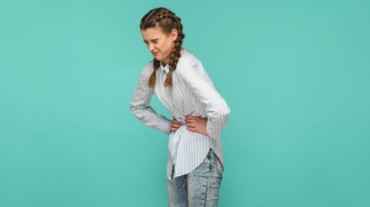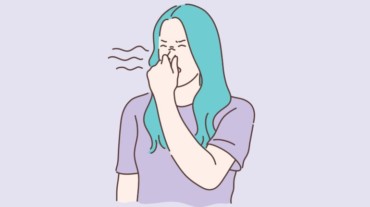
Your age doesn’t define certain disorders, then may it be renal or mental. And kidney stones is one of them? Kidney stones come in different shapes and sizes and have the capability to turn your life around, from mesmerizing to miserable.
Normally they originate in the kidneys, but as time passes by they travel via the urinary tract and bladder causing enormous pain and other renal problems that can lead to kidney failure.
According to Dr Dheshang Kamath, a urologist at Wockhardt hospital, Mumbai, the average age of getting kidney stones is between 20 to 40 years, in both men and women.
He said:
In fact, people who are diabetic, have high blood pressure, and have high salt intake are more prone to develop kidney stones.
Let’s understand what actually causes kidney stones
Well, if you are thinking that eating too much calcium is going to be the first and the foremost reason for getting kidney stones then dear you are highly mistaken.
“Calcium intake leads to stones is the biggest myth people have in their minds,” says Dr Kamath.
He calls out the causes to be multifactorial and says there are three primary factors that lead to kidney stones:
1. Hereditary
2. Unhealthy dietary habits
3. Lifestyle
“Only when a person completes this triangle that their chances of getting a kidney stone increases. That’s why calcium alone has nothing to do with it,” he explains.
Select Topics of your interest and let us customize your feed.
PERSONALISE NOWHere are eight alarming symptoms of kidney stones that you need to watch out for, according to Dr Kamath:
1. Pain in back
Well, this is the very common symptom of kidney stones. Pain in the back, side, or in the abdomen area is felt initially when you have a kidney stone and grows with time.

When a stone is stuck somewhere in the uterus or bladder then it causes unbearable pain and almost 90% of people face it. “Another myth people usually have is that bigger stones cause more pain but the fact that smaller the stone, more the pain,” explains Dr Kamath.
2. Frequent loo visits
“Basically, people are unable to relive their bladder in one go when they have a stone, due to pain and burning sensation. That’s why frequent visits to the washroom are seen in some cases,” he explains.
3. Blood in urine
Although it is very rare, there is no denying that in some cases it is possible. Pink, brown, or red-coloured urine is witnessed in such cases.
“Stones can cause injury in the kidney or anywhere in the tract which can lead to bleeding. Although the tissue of the kidney is strong, about two per cent patients od patients report blood in their urine,” says Dr Kamath.
4. Smelly urine
Kidney stones can lead to urinary tract infection at times, which can cause a foul odour while peeing. “Infected stones act like a foreign body which can be a source of bacteria, hence infection,” he explains.

5. Vomiting
Most of us tend to neglect the pain initially, but as and when it grows it can induce a vomiting sensation in our body. That’s why the incidence of puking is also seen in kidney stone patients.
“Any acute pain induces the hormones which further leads to vomiting. And when the pain subsides, the vomiting sensation also subdues. But in case there is persistent vomiting then it can also be a sign of renal or kidney failure,” states Dr Kamath.
He continues:
Kidneys shut down due to the size of the stone and a situation of acute kidney injury (AKI) arises which leads to repeated vomiting and loss in appetite and weight.
6. Fever and fatigue
“Acute kidney injury can lead to fever, swelling in the lower area, and fatigue,” he says.
7. Urinating very less
According to Dr Kamath as the stone gets stuck in the urinary tract it becomes difficult to urinate. This is why some people report passing less urine. For such patients, he says that sonography is done to detect the stone.
8. Burning sensation while peeing
“Well, this happens when the stone gets stuck between the tract and bladder, and only a urologist can help you deal with it,” he says.
“To avoid these stones all you can do is follow a healthy lifestyle. Exercise regularly, manage your weight, and drink optimum water to keep yourself hydrated,” he suggests.